5 Best Apps for Aphasia
Aphasia, a language disorder caused by brain injury or damage, can severely impact a person's ability to communicate effectively. Thankfully, advances in technology have given rise to a range of speech therapy apps designed to aid individuals with aphasia in their speech and language rehabilitation. These evidence-based apps offer a variety of exercises and tools to improve communication skills, making them invaluable resources for speech therapy. Here, we highlight the five best apps for aphasia, available on both Android and iOS platforms.
1. SmallTalk
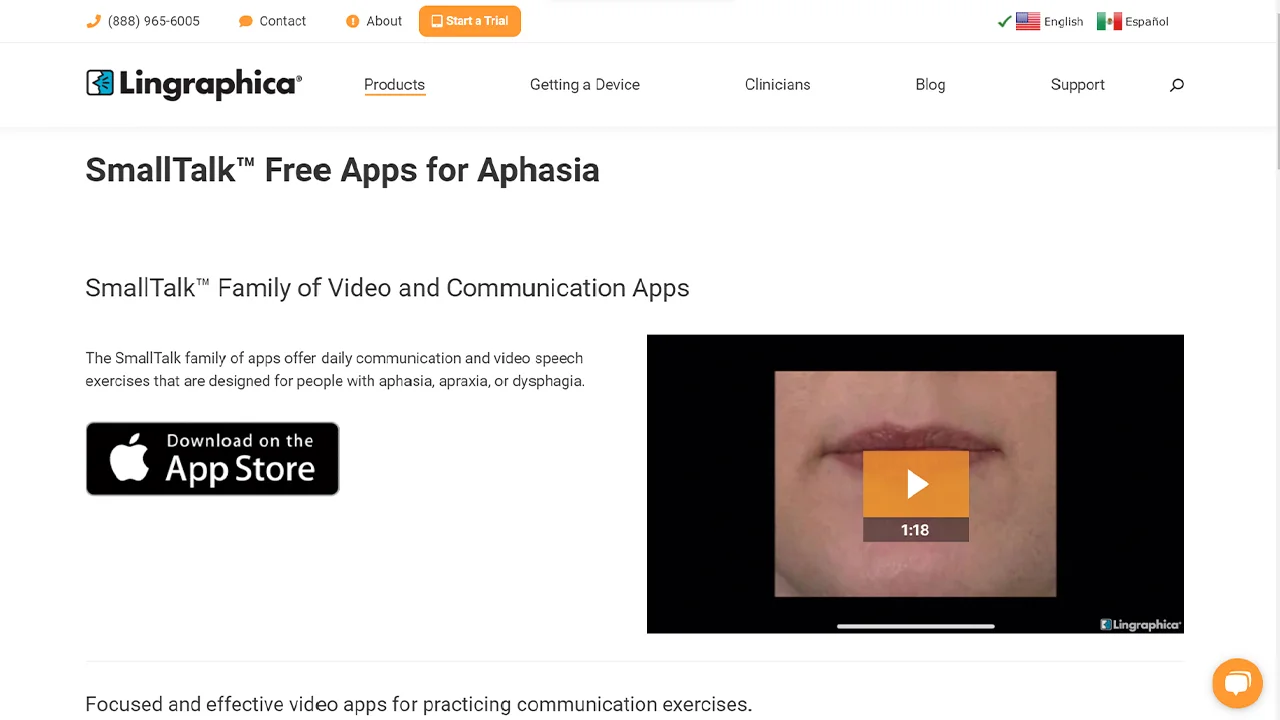
Developed by Lingraphica, SmallTalk is a series of advanced language therapy apps designed to assist individuals with aphasia in daily communication. Available on both Android and iOS, SmallTalk covers various topics, such as Daily Activities, Pain Scale, and Pain Management. With its user-friendly interface and diverse exercises, SmallTalk empowers users to build their communication skills and express their needs more effectively. It is an excellent resource for individuals with aphasia looking to enhance their ability to engage in everyday conversations.
2. Tactus Therapy Apps
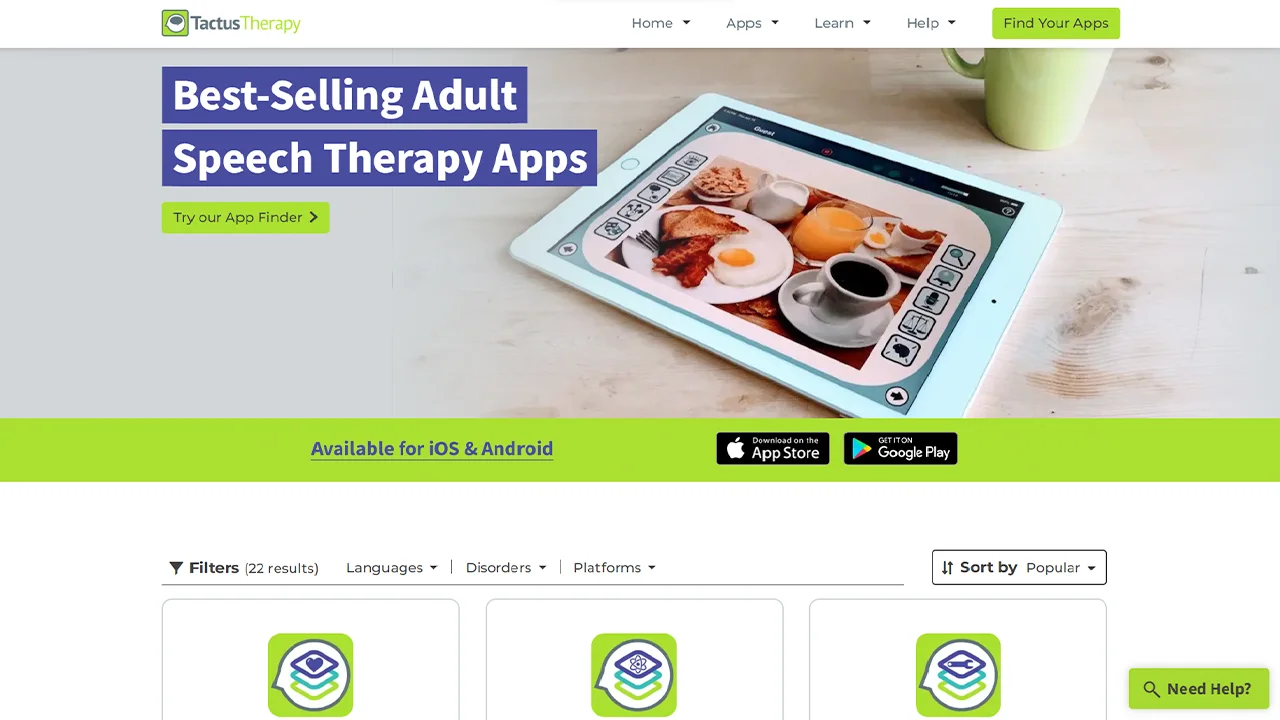
Tactus Therapy is a renowned developer of aphasia apps that target various aspects of language and communication therapy. Their apps cover essential areas like naming, comprehension, reading, and writing. Designed for both Android and iOS, these evidence-based apps allow speech-language pathologists (SLPs) and clinicians to customize therapy sessions for individual needs. Tactus Therapy is known for its constant updates and new app releases, ensuring that users have access to the latest advancements in aphasia therapy.
3. TalkPath Therapy
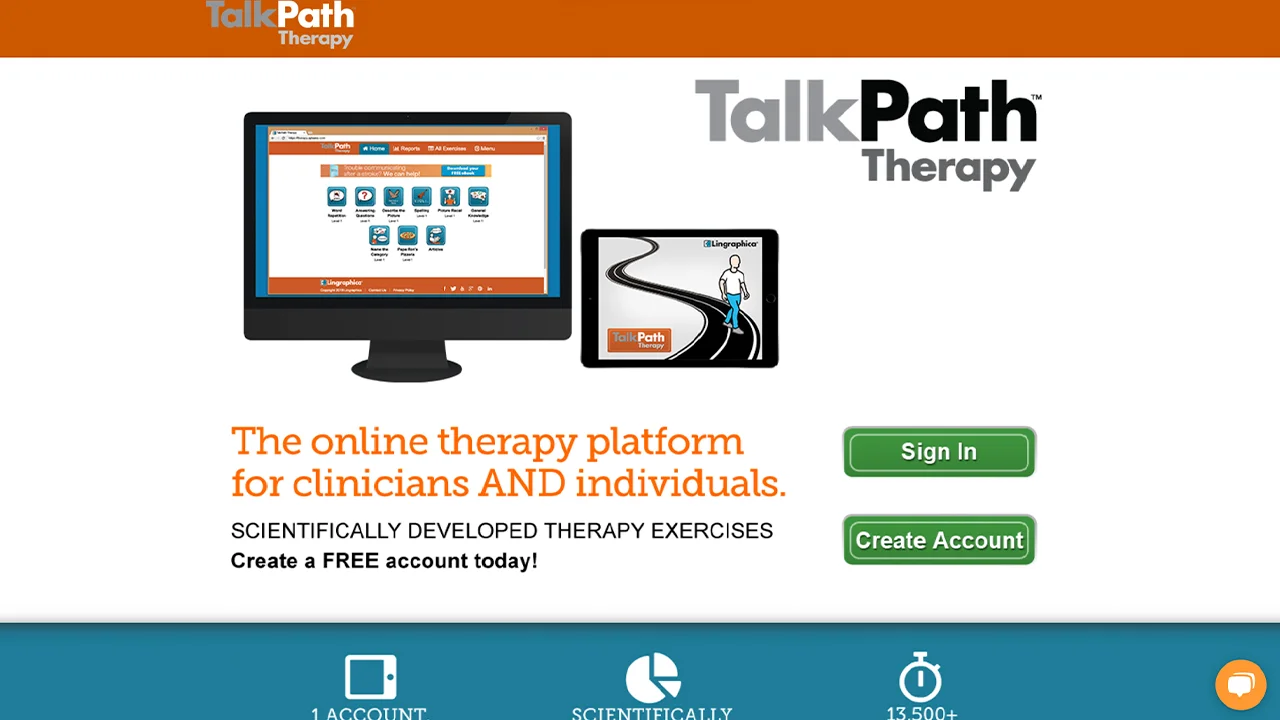
Developed by the National Stroke Association, TalkPath Therapy is a comprehensive app for individuals with aphasia and other speech and language disorders. Available on both Android and iOS, TalkPath Therapy provides interactive exercises to improve language skills, including naming, listening, reading, and writing. Its user-friendly interface and diverse exercises make it a valuable tool for both patients and clinicians.
4. Constant Therapy
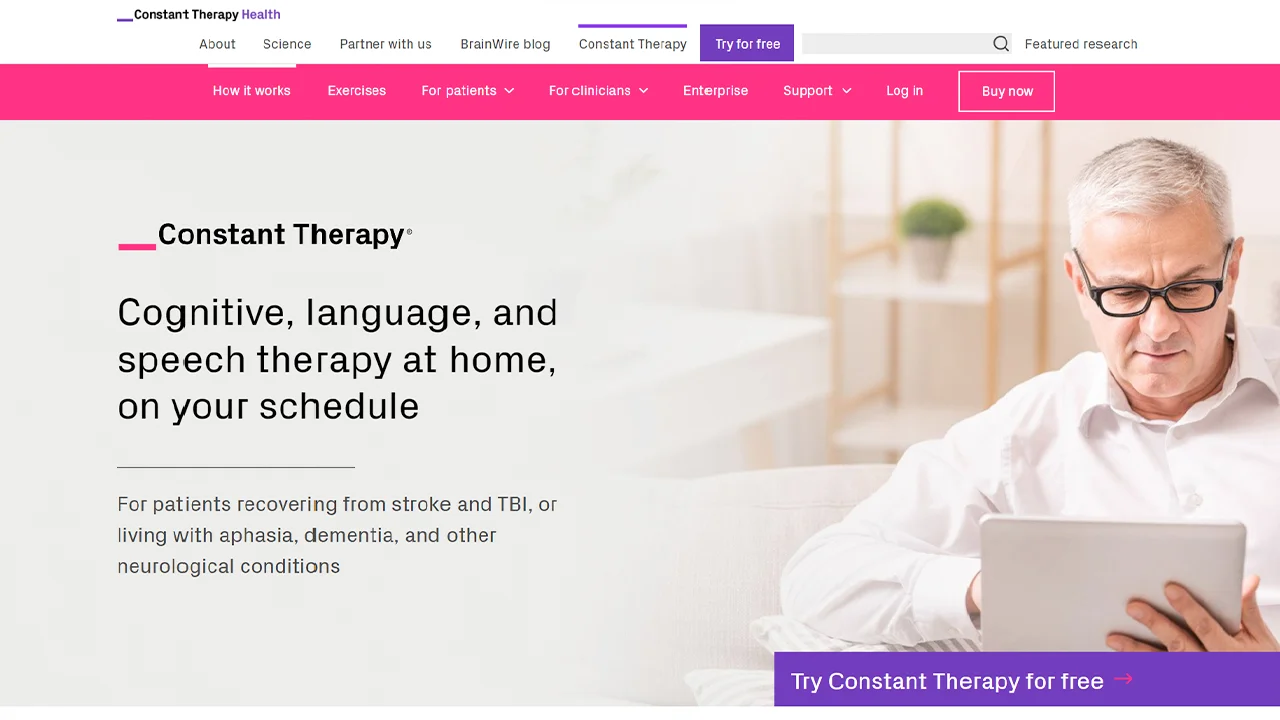
Constant Therapy is an app designed to assist individuals with dysarthria, a condition that affects speech clarity and articulation. Available on both Android and iOS, Constant Therapy offers exercises tailored to improve speech and language skills. The app's versatility allows SLPs to customize therapy sessions for each user's specific needs, ensuring effective and targeted therapy.
5. Lexico Cognition
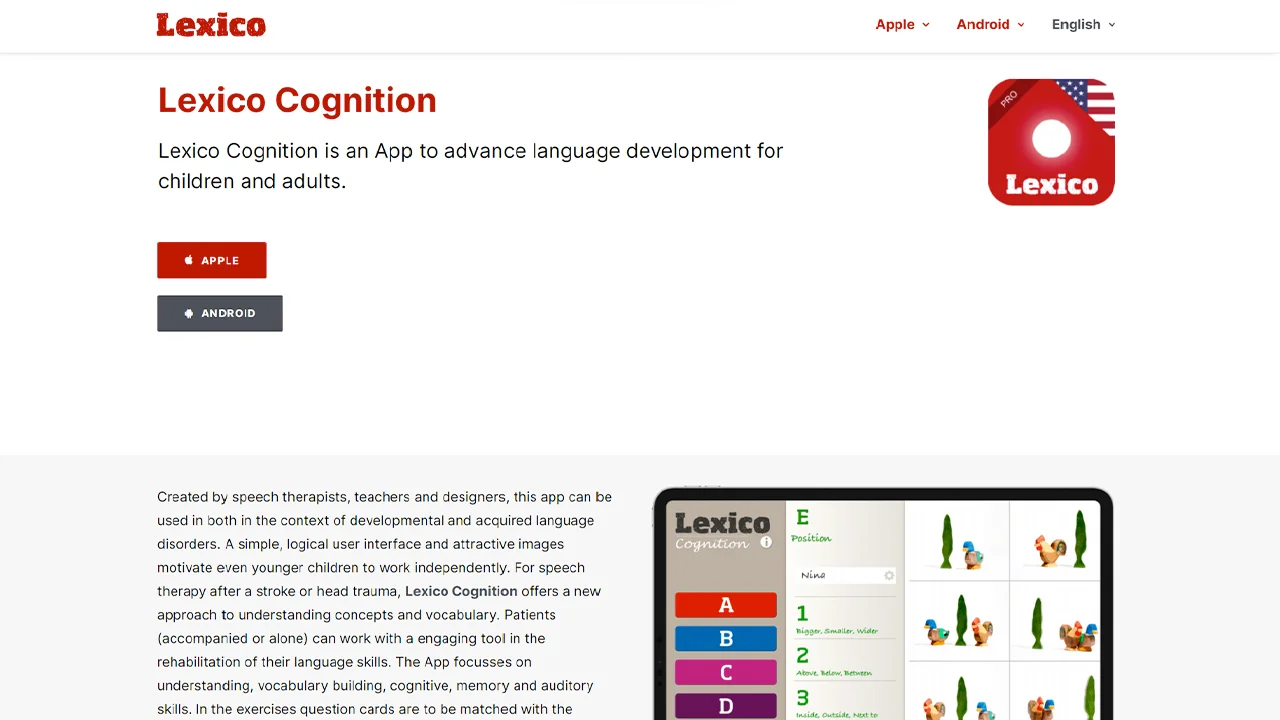
Lexico Cognition, developed by Tactus Therapy, is a powerful app that targets word-finding difficulties commonly experienced by individuals with aphasia. This app assists users in retrieving and expressing words more effectively. Available on both Android and iOS, Lexico Cognition aids individuals with aphasia in building a stronger vocabulary and enhancing their language skills.
The Impact of Using Apps for Aphasia
These apps are just a few examples of the remarkable technology-driven solutions available to support individuals with aphasia. The apps mentioned above have been carefully curated based on their evidence-based approaches, user-friendliness, and the positive impact they have on aphasia therapy.
The integration of these apps into speech therapy sessions has significantly improved language acquisition and communication for individuals with aphasia. Speech therapists and clinicians can utilize these apps to provide personalized and comprehensive therapy sessions, addressing word finding difficulties, speech sounds, comprehension therapy, and more.
Furthermore, these apps cater to various forms of aphasia, including dysphagia and apraxia, providing a holistic approach to rehabilitation. Additionally, many of these apps offer lite versions or free versions, making them more accessible to individuals with disabilities.
Try Speechify as a Communication App
Speechify, with its innovative and user-friendly features, is a powerful tool that can greatly assist people with aphasia. Designed to support communication and language rehabilitation, Speechify is available on both iOS and Android platforms, including iPad, iPhone, and iPod touch. Its versatility extends to individuals with autism and stroke survivors, offering tailored reading therapy exercises and apraxia therapy. This app is particularly beneficial as an augmentative and alternative communication (AAC) tool, providing a lifeline for those with language difficulties. Moreover, Speechify's compatibility with smartphones makes it easily accessible and portable, allowing language therapists and users to utilize its features on the go. Best of all, Speechify offers free versions, making it an invaluable resource for individuals seeking effective communication apps to aid in their language recovery journey.
Apart from their therapeutic benefits, some apps also leverage social media platforms to enhance user engagement and facilitate communication practice beyond traditional therapy sessions. This integration fosters social connections and improves communication skills in real-world scenarios, making therapy more interactive and meaningful.
In conclusion, technology has opened new doors for individuals with aphasia, offering innovative and evidence-based solutions to enhance communication skills and overall quality of life. These apps have become essential tools for speech-language pathologists, clinicians, and individuals with aphasia, enabling effective and personalized therapy sessions. The 5 best apps for people with aphasia, mentioned above, have paved the way for enhanced language acquisition and communication, empowering individuals with aphasia to regain their voice and engage more meaningfully with the world.





